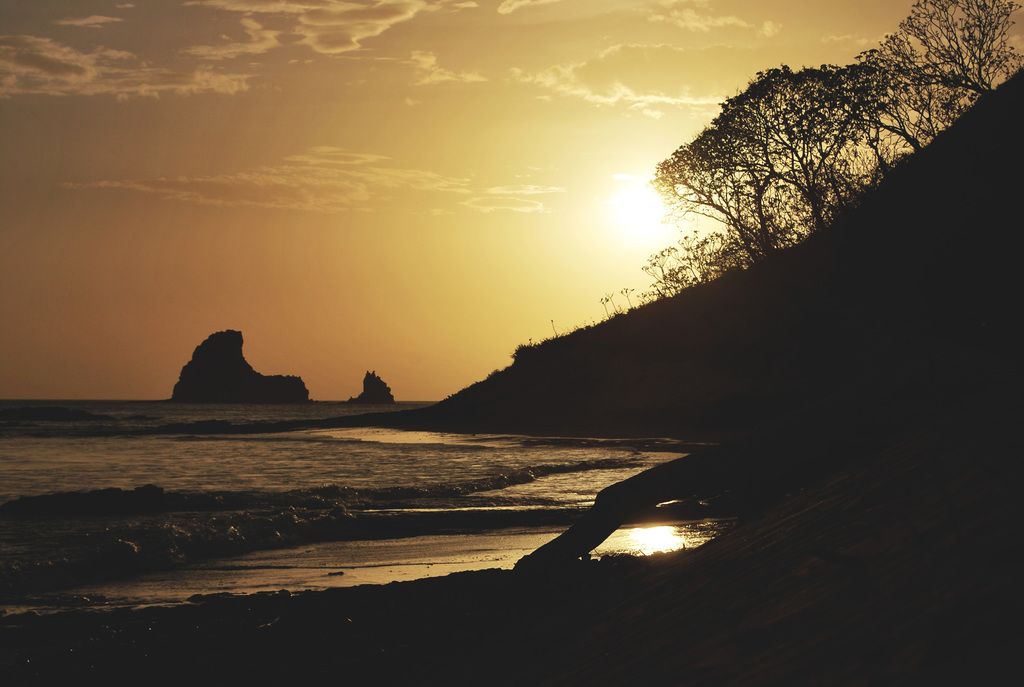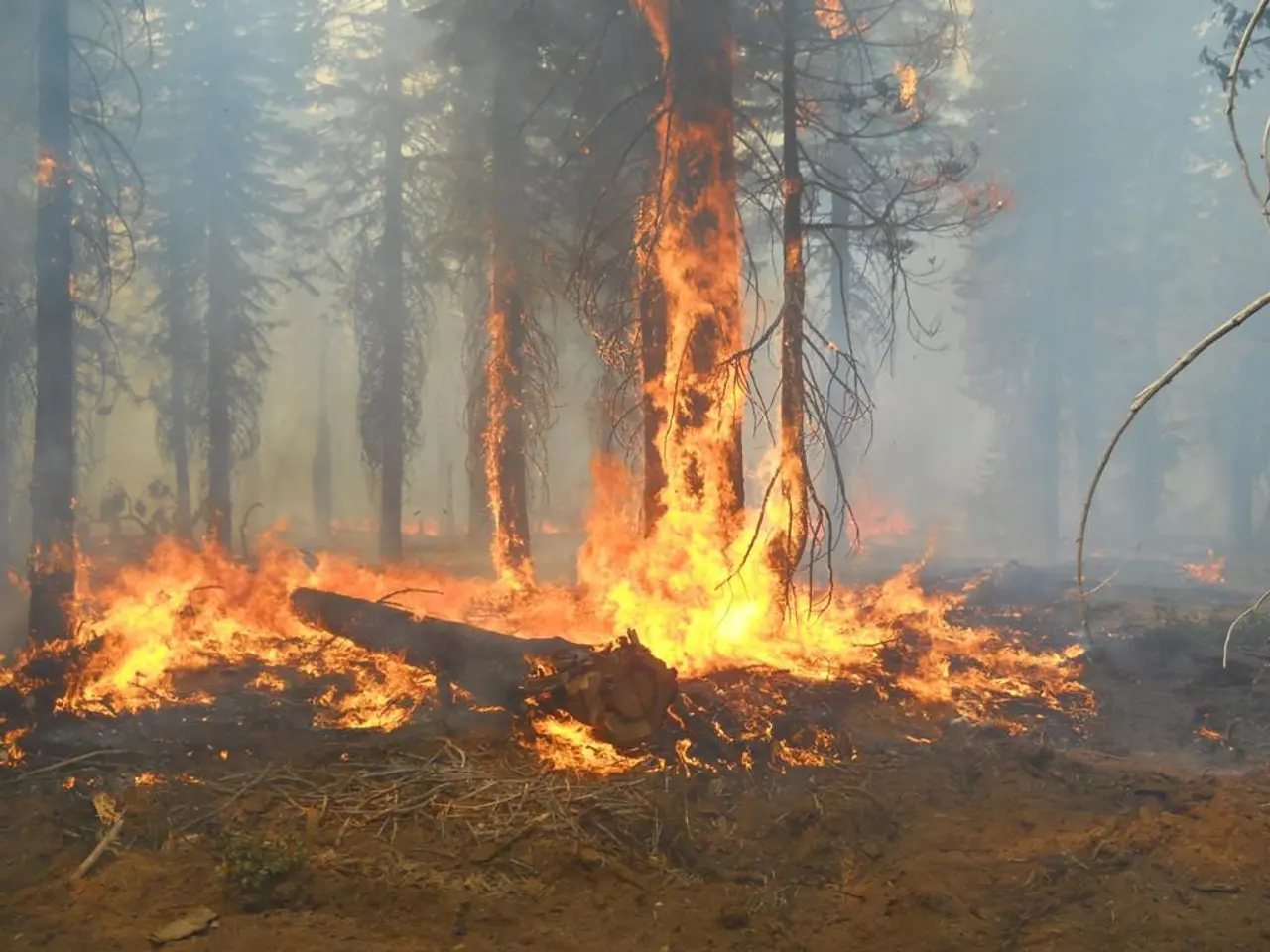France fortifies marine protected zones: WWF France identifies advancement but with numerous constraints.
Taking a Step Forward, but Still Falling Short: WWF France's Critique of France's Marine Protection Plan
It's clear that progress is being made, yet there are significant pitfalls," WWF France expressed in a statement after the government's pronouncements on June 8, regarding the strengthening of marine protected areas by restricting bottom trawling to 4% of French waters by 2026, contrasting the minuscule 0.1% currently in place.
UNOC-3: Setting the Tone for the Oceans
The beginning of the Nice Ocean Summit, starting on June 9, raises the question: what should this conference, lasting until June 13, aim to achieve? WWF France is critical of France's definition of "strong protection," stating, "Instead of abiding by international norms, France sets its own standards. This results in only seabed pressures (such as trawling) being banned, but not those in the water column, like certain fishing practices. This contradicts the official definition of strong protection zones (SPZs), which aim to curb all substantial pressures."
In addition, the NGO notes, "Some of these new zones will actually be cores of natural parks and reserves already safeguarded by a 2022 decree. The others will be designated in areas where no risk analysis related to fishing is planned... since they are not within Natura 2000 boundaries."
However, WWF France applauds French Polynesia for its recent action in designating 20% of its managed marine area under stringent protection. Unlike French SPZs, this category unequivocally prohibits harvesting, ensuring genuine ecological effectiveness.
From Criticism to Praise: The Case of French Polynesia
This contrast between France's marine protection standards and French Polynesia's conservation success underscores the need for conferences like UNOC-3 to promote global best practices and encourage nations to enhance their marine conservation strategies.
The third United Nations Ocean Conference (UNOC3), co-organized by France and Costa Rica, is taking place in Nice from June 9 to 13, 2025. This event aims to hasten action and rally all stakeholders, including governments, NGOs, civil society, academia, the private sector, and Indigenous communities, to protect and sustainably use the ocean for the sake of sustainable development.
WWF France may use this platform to critique France's domestic marine protection standards and push for improvements based on international expectations. On the other hand, the recognition of French Polynesia's marine conservation efforts could act as a model for other regions, demonstrating the potential for effective conservation through cooperative efforts and strong local policies.
- WWF France's critique of France's marine protection plan, expressed at the UNOC-3 conference, highlights the gap between France's standards and international norms for strong protection zones (SPZs), as France only bans seabed pressures while allowing those in the water column.
- The third United Nations Ocean Conference (UNOC3) provides a platform for WWF France to push for improvements in France's marine conservation strategies, while simultaneously serving as a venue to showcase success stories like French Polynesia's designation of 20% of its managed marine area under stringent protection, which unequivocally prohibits harvesting.
- The stark contrast between France's marine protection standards and French Polynesia's conservation success underscores the need for conferences like UNOC-3 to promote global best practices in environmental-science, policy-and-legislation, and political discussions surrounding climate-change and the environment, and to encourage nations to enhance their marine conservation strategies for the sake of sustainable development.








